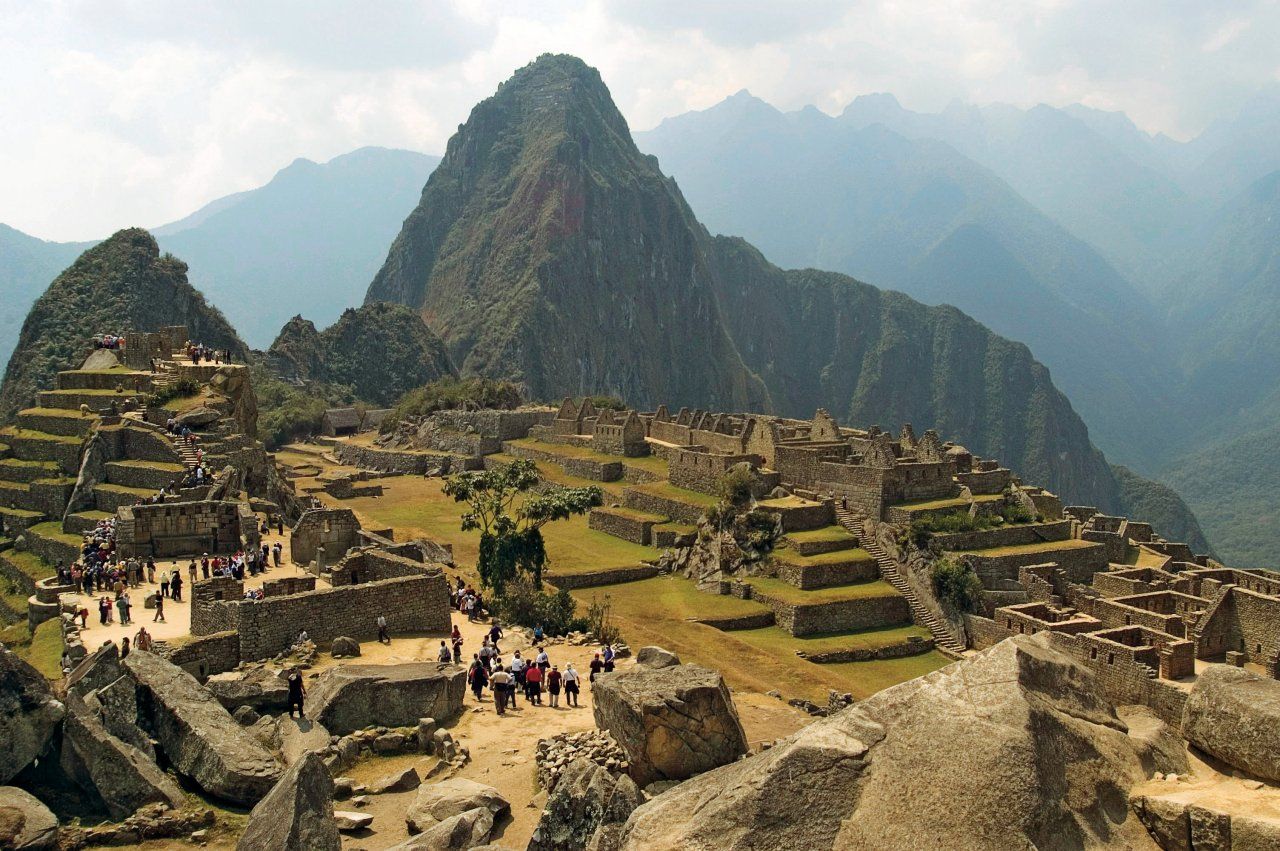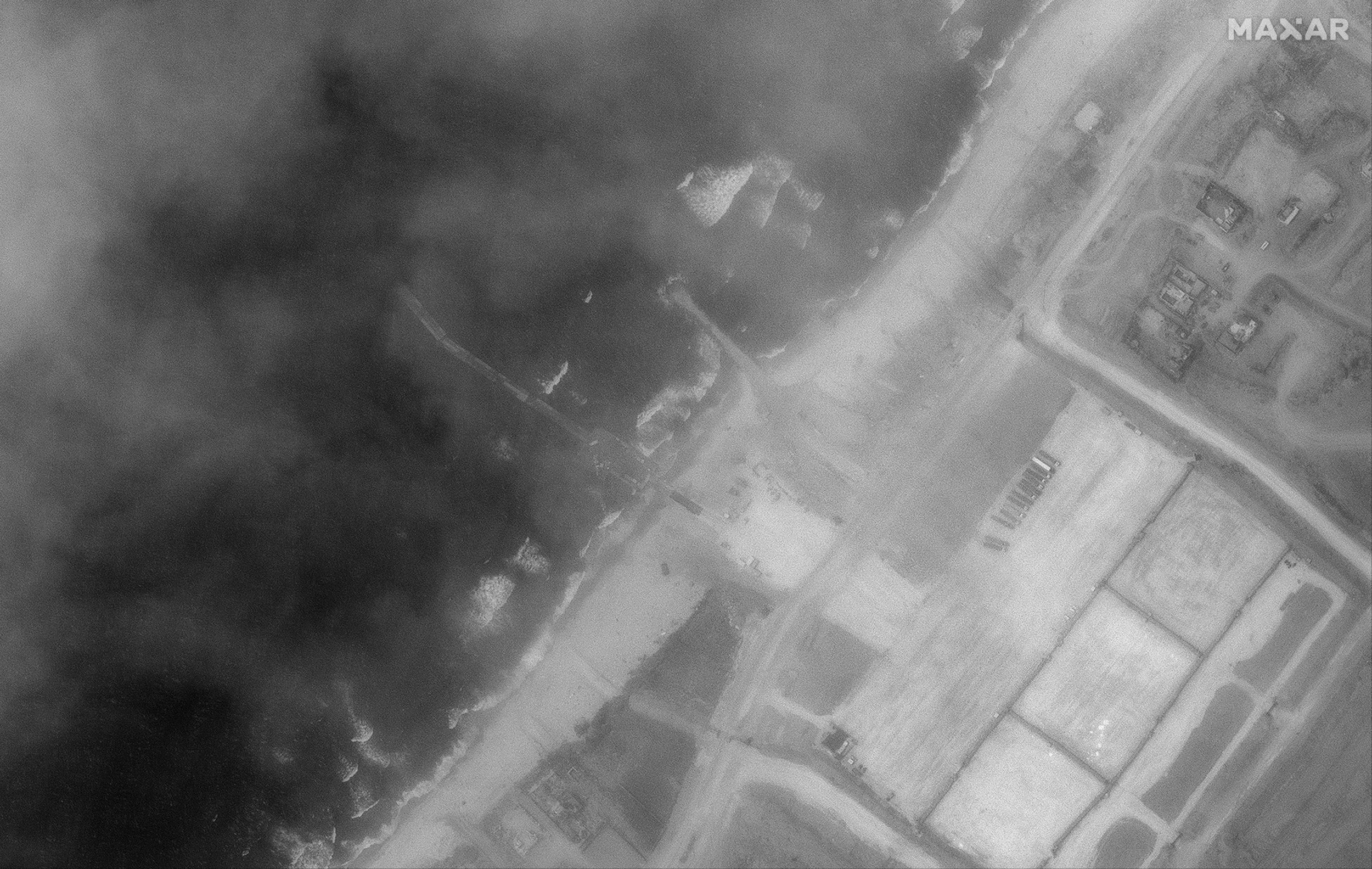
What relationship should archeologists have with the local community near their dig? For Larry Coben, a businessman turned archeologist, the answer is: a close one.
Coben was working at an Incan site in Bolivia in 2001 when he faced a problem. The local people were interested in the site not because of its archeological value, but because the land itself was useful. People were using the site to plant crops and play soccer, not ideal activities at a place where preservation is key. The traditional archeological approach to safeguarding heritage would be, he says, to "teach people how important it is." But after discussions with locals, they decided to try a different approach: putting a gate across the access road. Bolivians could come in for free, but foreigners had to pay. "It changed attitudes," he says, as something from the past became a present-day commodity.
"Until you solve the economic problem" that local people face, he says, "it's a luxury to be able to think about cultural heritage."
Coben grew the seeds of this idea into an organization called the Sustainable Preservation Initiative, which links the ideas of preservation and economic development by helping local people near the sites be better entrepreneurs. The thinking is that if people have livelihoods that depend on tourists visiting the area, then locals will be invested in preserving the heritage. The organization's first project was at an ancient cemetery in Peru called San José de Moro, where SPI invested $40,000 and created a number of permanent jobs, including ceramists, weavers, and cooks. After expanding to another site in Peru, the organization is now raising money for two additional projects, using a Kickstarter-like crowd-funding platform called Indiegogo.
The idea of archeologists doing development work differs from the more traditional view of the field practitioner as a generator of research and knowledge. If Indiana Jones used to quip that an artifact "belongs in a museum," Coben's school of thought says: let's make sure the local people in the area have an economic reason to value the archeological site itself. These different viewpoints—the archeologist as accumulator of information versus the archeologist as development worker—need to exist side by side, says Stephen Houston, a professor of anthropology and archeology at Brown University. Research needs to go forward, he says, but morally, it's good to involve locals in the preservation of an endangered site, and that pays off in a practical sense, too.
"There is a thoughtful view that some might have that archeologists are not necessarily trained in development work, and sometimes the local situations are of such vast complexity that we barely understand what's going on," Houston says. In the end, he says, there needs to be a balance between research and outreach or development. "The reasonable approach is one that would combine the two," he says. "I think a lot of archeologists would like to proceed with research," but we need to understand that "the sites are not in our backyard generally, and that there's lots of local people that have a stake in their survival."
Uncommon Knowledge
Newsweek is committed to challenging conventional wisdom and finding connections in the search for common ground.
Newsweek is committed to challenging conventional wisdom and finding connections in the search for common ground.
About the writer
Rob Verger is liaison to Newsweek’s foreign editions and also reports, writes, and edits. In addition to Newsweek and its ... Read more





